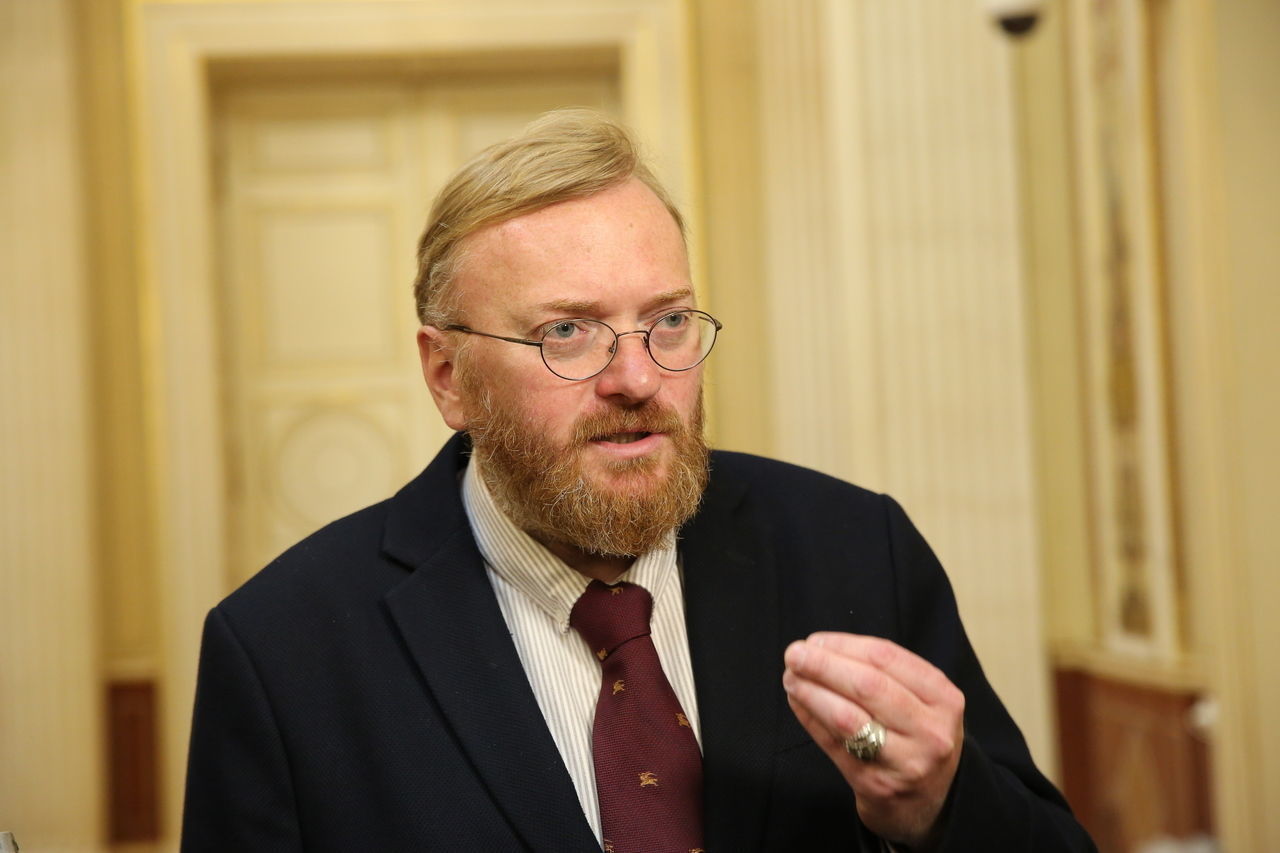Russian company Fplus announced that it plans to start production of servers with domestic AI accelerators in 2025. These accelerators are being developed at the Module Research and Development Center, and it is planned to produce nearly a hundred such systems in the first year. From 2026, production may increase to thousands of units. Fplus servers with these accelerators will be able to run various algorithms but will not be suitable for artificial intelligence training.
Servers will be provided with two types of accelerators: “large” NM Quad and “small” NM Card. The first option uses the K1879VM8YA DSP processor and 64 tensor cores, and the second option uses 16 tensor cores. Production facilities in Russia allow the production of up to 35,000 accelerators per year. One of the servers, Fplus Voskhod, is already registered in the domestic equipment register. Alexey Melnikov from Fplus stated that they are seeing increasing interest in such systems for working with critical information and data processing where high security is required.
The American company Nvidia, a leading manufacturer of chips for artificial intelligence, does not supply its products to Russia due to sanctions, which complicates the development of local server technologies. But Russian companies are actively looking for alternative solutions. Demands for AI servers among government customers have doubled this year, and Russian manufacturers’ share of this market is only around 25%. Some companies, such as Kraftway, are also developing powerful server solutions that can be used to train artificial intelligence. However, experts emphasize that Fplus systems will not replace Nvidia in artificial intelligence training tasks, but can become competitive in niche applications such as image and signal processing.
Source: Ferra
I am a professional journalist and content creator with extensive experience writing for news websites. I currently work as an author at Gadget Onus, where I specialize in covering hot news topics. My written pieces have been published on some of the biggest media outlets around the world, including The Guardian and BBC News.










